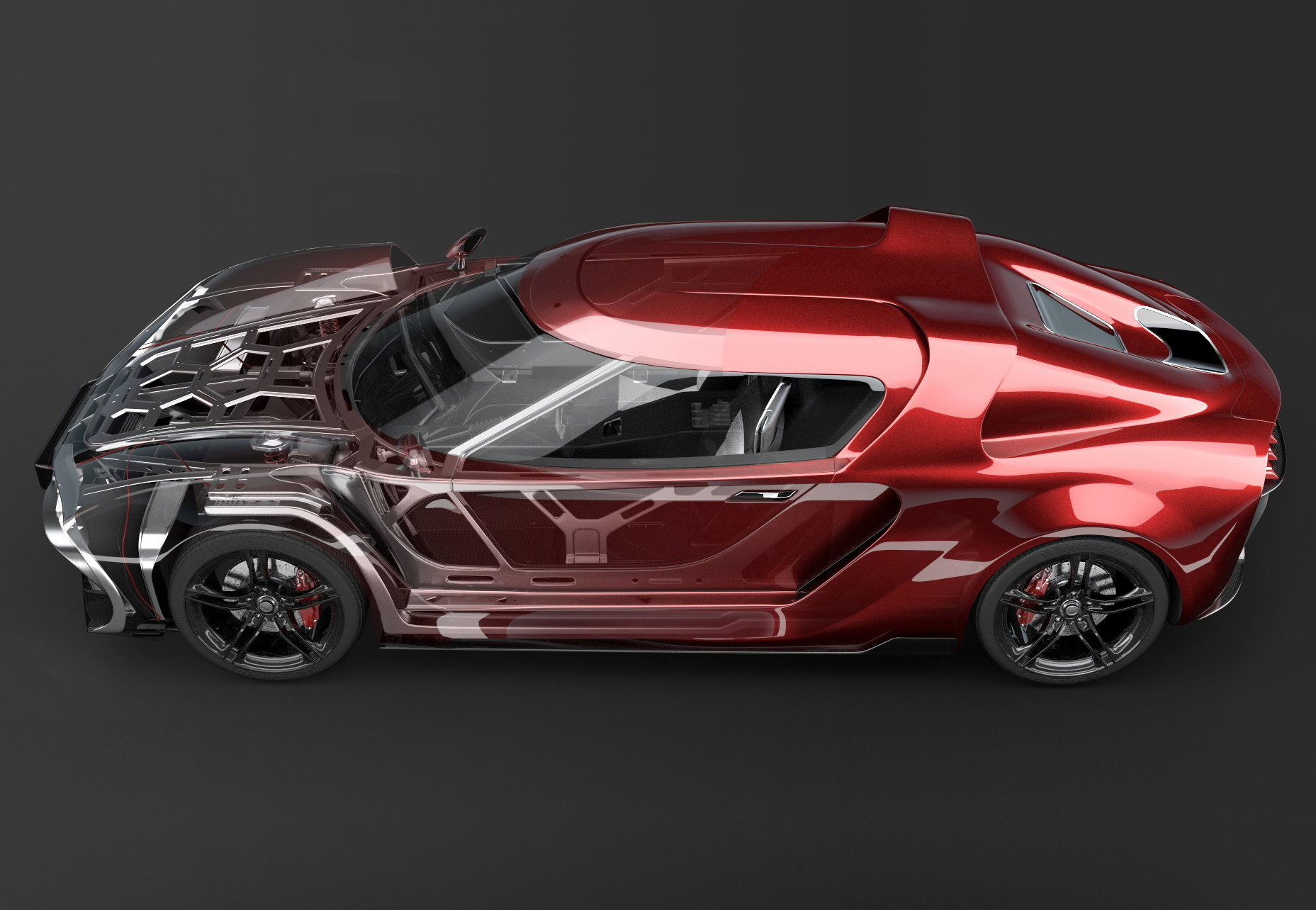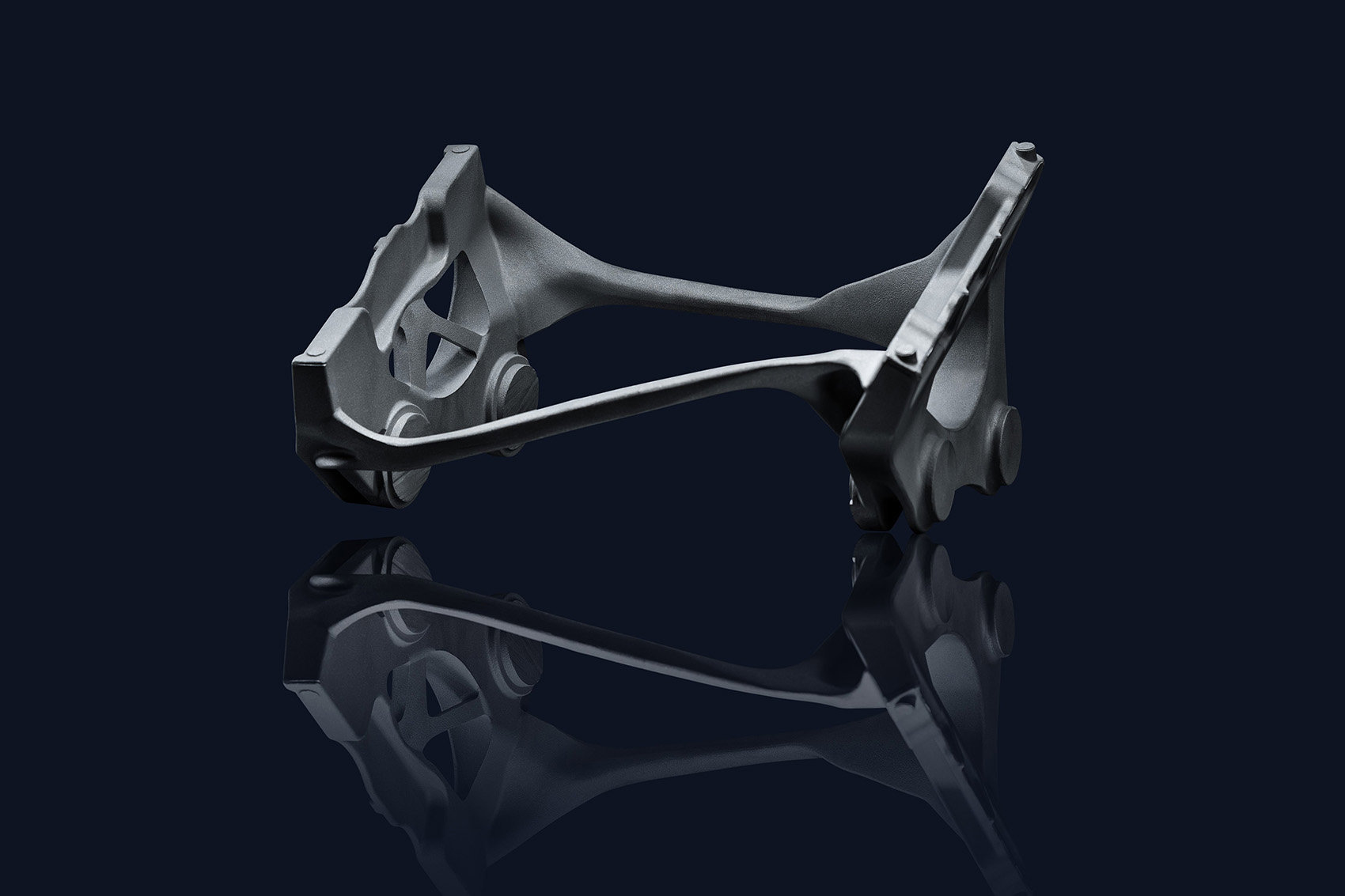
University Research
Since 2014, Sarginsons has been a development partner at BCAST at Brunel University, LiME (Future Liquid Metal Engineering Hub), the AMCC (Advanced Metal Casting Centre) the AMPC (the Advanced Metal Processing Centre) and the EPSRC (Engineering and Physical Sciences Research Centre).
Sarginsons has worked on research projects with Sheffield, Birmingham, Warwick, Imperial and several other universities, alongside many automotive and aerospace OEMs. This culminated in 2024 with Sarginsons leading a global consortium with, PIVOT, in applying for a £3m research grant into low carbon aluminium alloys, a combined topological simulation and solidification software package and industrialisation of casting technologies.
If approved PIVOT will totally change the way castings are designed, as well as how they look. It will enable OEMSs to design better castings that are lighter, cheaper and more flexible with near zero carbon content. Sarginsons offers its clients a totally different service from any other foundry.




